Haemorrhoid symptoms and treatments
Find out about the common symptoms of haemorrhoids and the different treatments that may be available to you.
Haemorrhoid symptoms and treatments
Find out about the common symptoms of haemorrhoids and the different treatments that may be available to you.
What are haemorrhoids?
Haemorrhoids are like ‘varicose veins’ in the anal region. They occur when the wall of the anal canal becomes weak and causes the lining to thicken and the veins to swell up into a haemorrhoid.
Haemorrhoids may cause discomfort and pain, but they usually don’t lead to serious issues, except in a few, rare instances. Every year, about 300,000 Australians get treated for haemorrhoids.
This condition has various causes, but it can be easily and effectively cured in most cases.

What are haemorrhoids?
Haemorrhoids are like ‘varicose veins’ in the anal region. They occur when the wall of the anal canal becomes weak and causes the lining to thicken and the veins to swell up into a haemorrhoid.
Haemorrhoids may cause discomfort and pain, but they usually don’t lead to serious issues, except in a few, rare instances. Every year, about 300,000 Australians get treated for haemorrhoids.
This condition has various causes, but it can be easily and effectively cured in most cases.
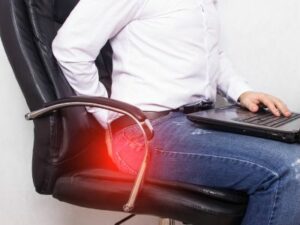
Common haemorrhoid symptoms
Here are some of the most common symptoms of haemorrhoids:

Pain or discomfort
Discomfort around the anus, especially during bowel movements.
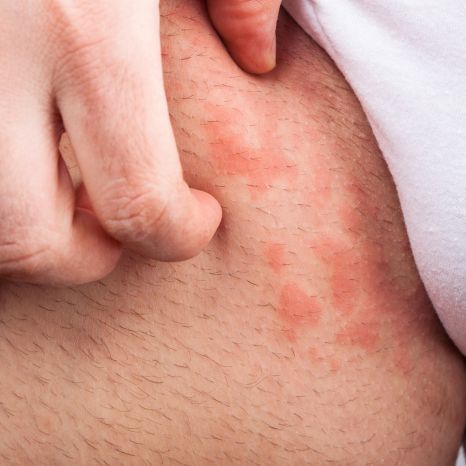
Itching or irritation
The affected area may be itchy or irritated and may appear reddish.
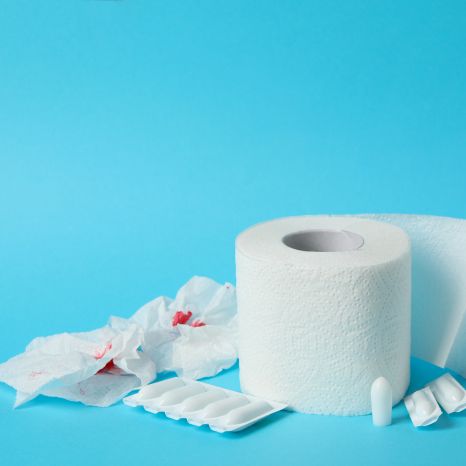
Bleeding
Bright red blood on the toilet paper or in the toilet bowl after passing stools.
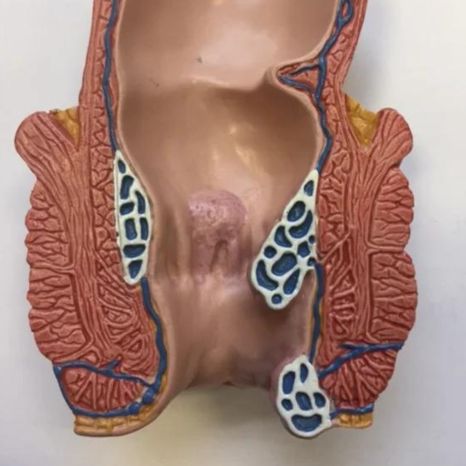
Swelling
The area around the anus may be swollen or feel like a lump.
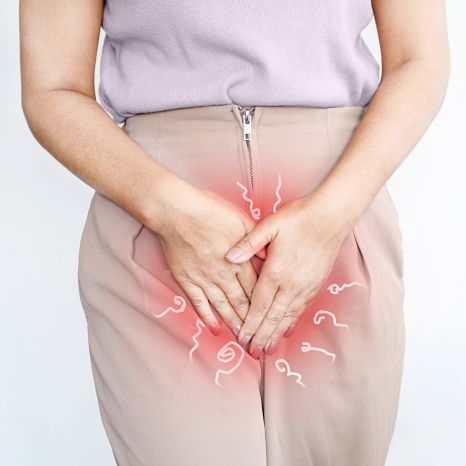
Mucous discharge
You may have a clear, sticky discharge after a bowel movement.
If you experience any of these symptoms, you should see a gastrointestinal specialist as soon as possible.
Haemorrhoid treatments
Here are some haemorrhoid treatments you could try:

Eat high-fibre foods
Consuming fruits, vegetables, and whole grains can soften stools, increase bulk, and prevent straining that worsens haemorrhoid symptoms.
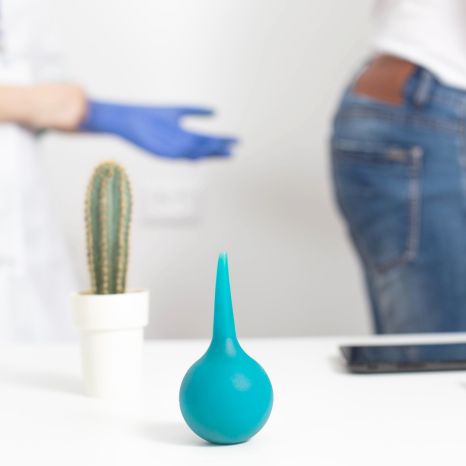
Apply topical treatments
One potential treatment option for haemorrhoids is to use over-the-counter creams or suppositories that contain hydrocortisone.
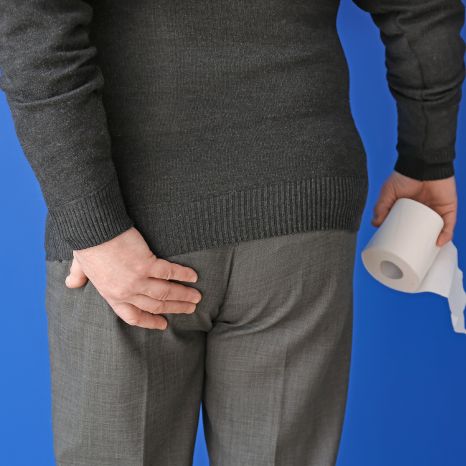
Soak in a sitz bath
You can alleviate the symptoms of haemorrhoids by immersing your anal area in lukewarm water for 10 to 15 minutes, two to three times a day.
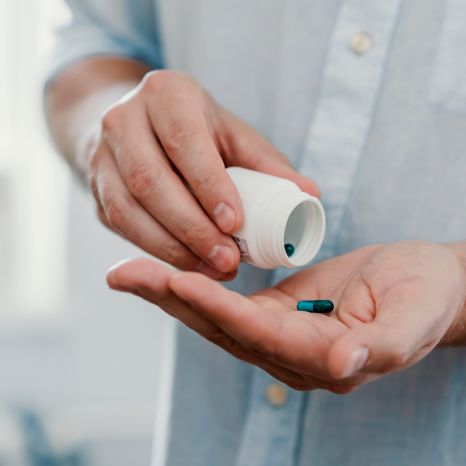
Take painkillers if needed
Temporary relief for the discomfort caused by haemorrhoids can be achieved by taking medications such as acetaminophen, aspirin, or ibuprofen.
These treatments may not be suitable for everyone, so make sure you speak to a doctor before trying any of them.

Visit Sydney Gut Clinic for haemorrhoid treatment today
We understand how uncomfortable and distressing haemorrhoid symptoms can be, and we’re here to help you find relief.
At Sydney Gut Clinic, our compassionate team is dedicated to providing the highest quality of care to ensure your comfort throughout the treatment process.
Book a consultation with our specialists today, and let us provide you with the finest haemorrhoid treatment and support.
Visit Sydney Gut Clinic for haemorrhoid treatment today
We understand how uncomfortable and distressing haemorrhoid symptoms can be, and we’re here to help you find relief.
At Sydney Gut Clinic, our compassionate team is dedicated to providing the highest quality of care to ensure your comfort throughout the treatment process.
Book a consultation with our specialists today, and let us provide you with the finest haemorrhoid treatment and support.



FAQs
Can haemorrhoids go away on their own?
In some cases, mild haemorrhoids may go away on their own without any treatment. However, severe or chronic haemorrhoids may require medical intervention.
How are haemorrhoids diagnosed?
Haemorrhoids are diagnosed through a physical examination of the anus and rectum. In some cases, additional tests such as a colonoscopy or a sigmoidoscopy may be required.
Can haemorrhoids lead to other health complications?
Occasionally, untreated or severe haemorrhoids may lead to complications such as anaemia, blood clots, or strangulated haemorrhoids.
